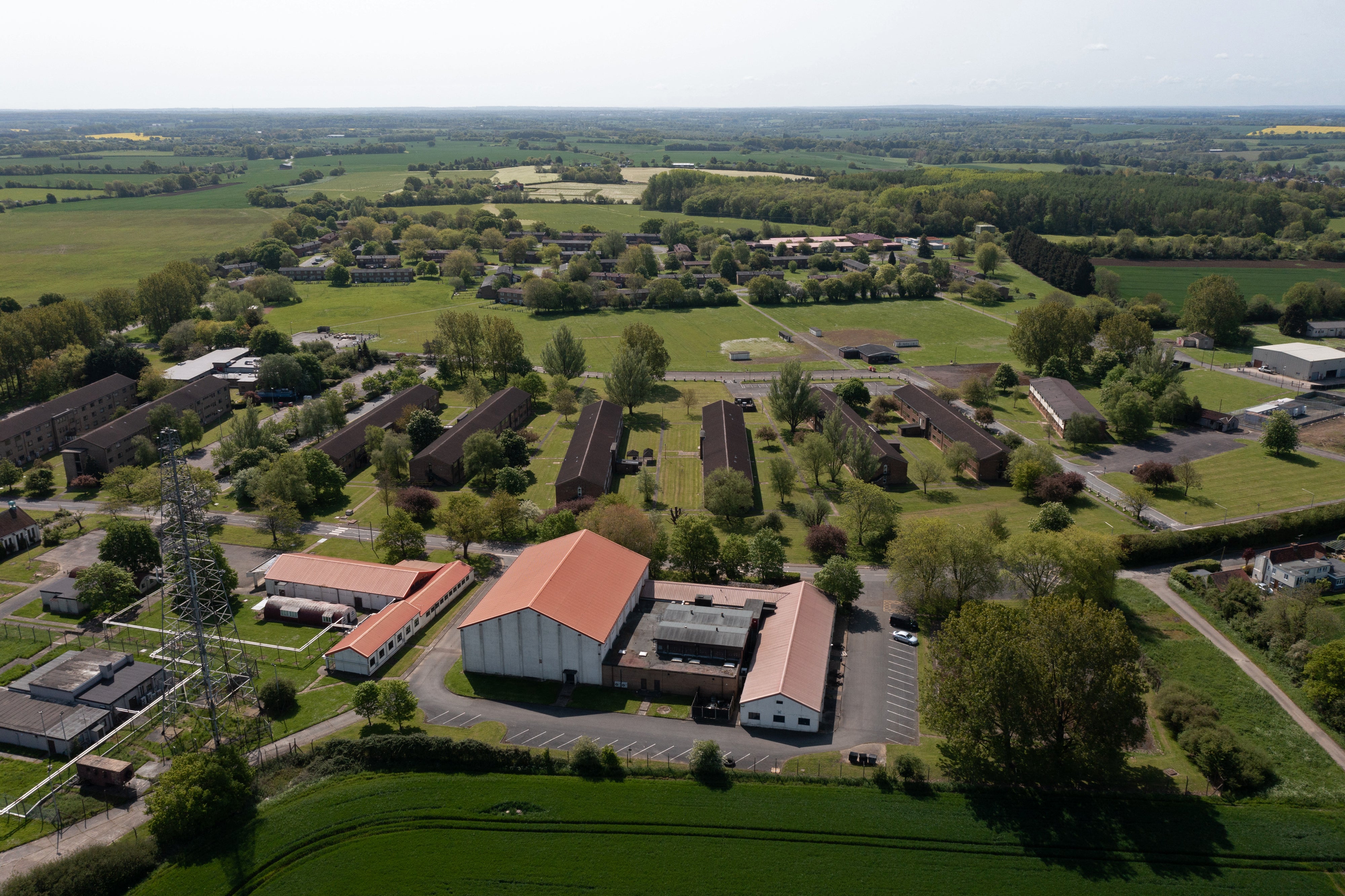The country is paying too high a price for fantasy policies on asylum
Editorial: The costs of using barges and old RAF bases to house asylum seekers have turned out to be greater than hotels

Many of this government’s policies on asylum seem to be influenced by fantasy. There was the far-away island fantasy when Priti Patel was home secretary: the idea that asylum seekers could be housed on Ascension Island or St Helena. This was an unworkable plan that eventually evolved into the Rwanda policy, which has still not proved to be any more workable than the original idea, but which has now cost £370m and has secured the – voluntary – relocation, so far, of one person.
There was the prison hulks fantasy, possibly influenced by the prison ships of Great Expectations. This seems to have prompted repeated attempts – including by the last Labour government – to put asylum seekers in cheap accommodation away from population centres. Under the current government, the cost of putting asylum seekers in hotels increased the urgency of the search for alternative accommodation. This is what finally gave us the Bibby Stockholm, an accommodation barge for construction workers that was towed to Portland Port, Dorset, last year.
It has been beset with problems, including a legal dispute about planning permission and the discovery of Legionella bacteria. As The Independent reports today, the barge was last recorded as holding 321 people, when the Home Office had expected it to accommodate 430. Figures obtained under the Freedom of Information Act show that 162 migrants have been “dispersed” from the barge, some of them being moved into hotels – in other words, back to square one.
Finally, there is the “barracks” fantasy. Possibly influenced by reading too many books about the Second World War, ministers seem to have imagined that there are disused air bases and army barracks all over the country, ready to be requisitioned for use as temporary accommodation that is, again, cheaper than hotels and out of the way of resident voters who might object.
That too has ended up as a miserable failure costing the taxpayer even more than the hotels. The Independent’s freedom of information request has revealed that 74 vulnerable people have been moved from RAF Wethersfield in Essex by the Home Office for their safety, and 170 more people have left voluntarily.
What is more, the National Audit Office concludes that the £146m spent on Wethersfield and the £16m spent on the Bibby Stockholm is significantly more than would have been spent if the would-be refugees had been put up in hotels all along.
The price of the government’s failure to get a grip on the asylum system is an embarrassment. A huge backlog has been allowed to build up. The prime minister points out that older claims are now being processed, but he ignores the new backlog that is growing, of people who arrived in the UK after June 2022, who are not allowed to apply for asylum. Yet they too have to be accommodated somewhere, if they do not simply disappear into the informal economy.
These failed experiments with alternatives to hotel accommodation should force ministers to address the causes of the backlog instead of indulging in fantasy-based policies to deal with the number of people held in limbo. This means processing applications more quickly, so that those who are accepted as genuine refugees can begin to make a positive contribution to Britain, and those who are rejected can be returned. And it means accepting that those who arrived since June 2022 are entitled to the same protections as any other would-be refugees.
A policy that is more respectful of the rights of asylum seekers and which dealt with their claims promptly – while also being firm with those who are not entitled to refugee status – is not only morally right but in the country’s economic interest. It is the only non-fantasy-based way of saving those hotel bills, and it would allow refugees to work and contribute to our society.



Join our commenting forum
Join thought-provoking conversations, follow other Independent readers and see their replies
Comments